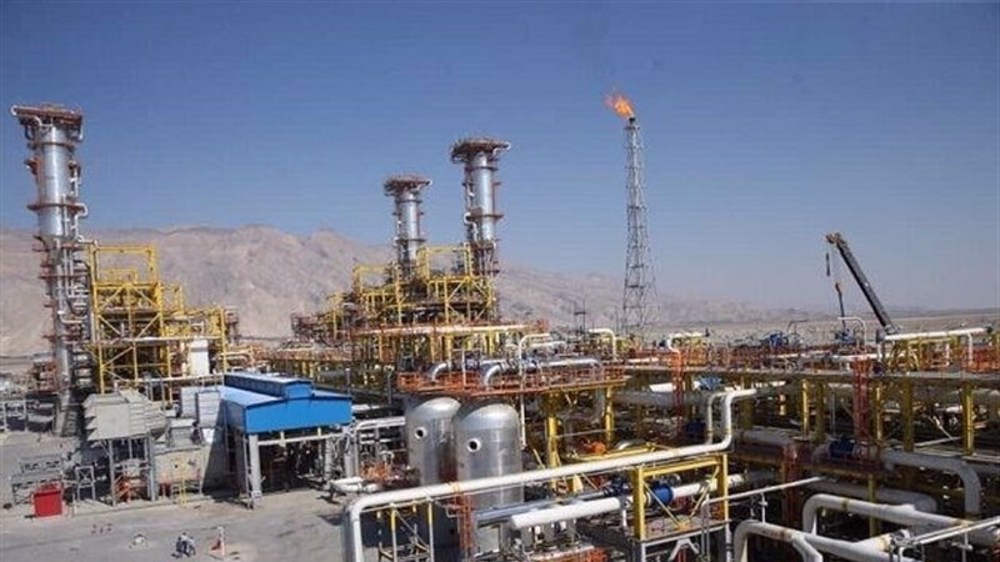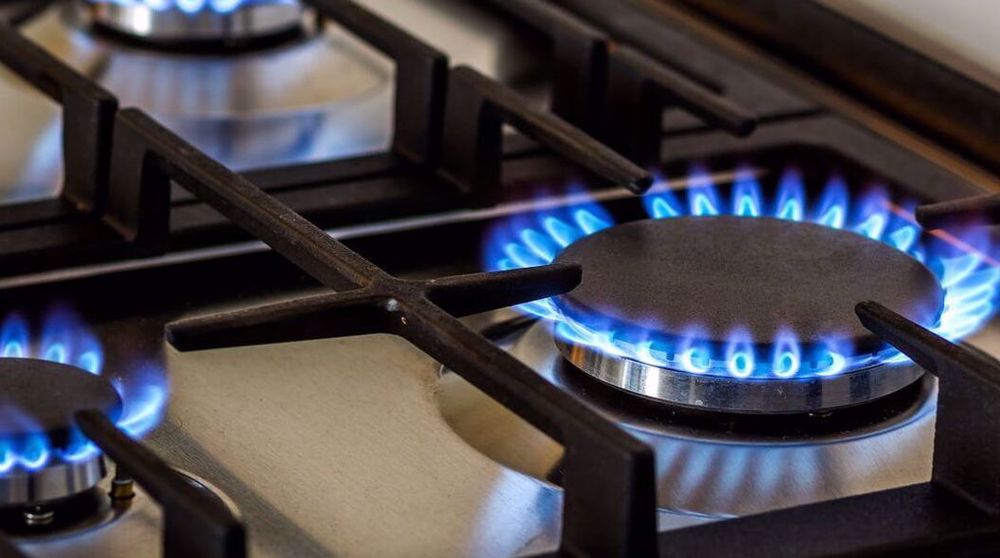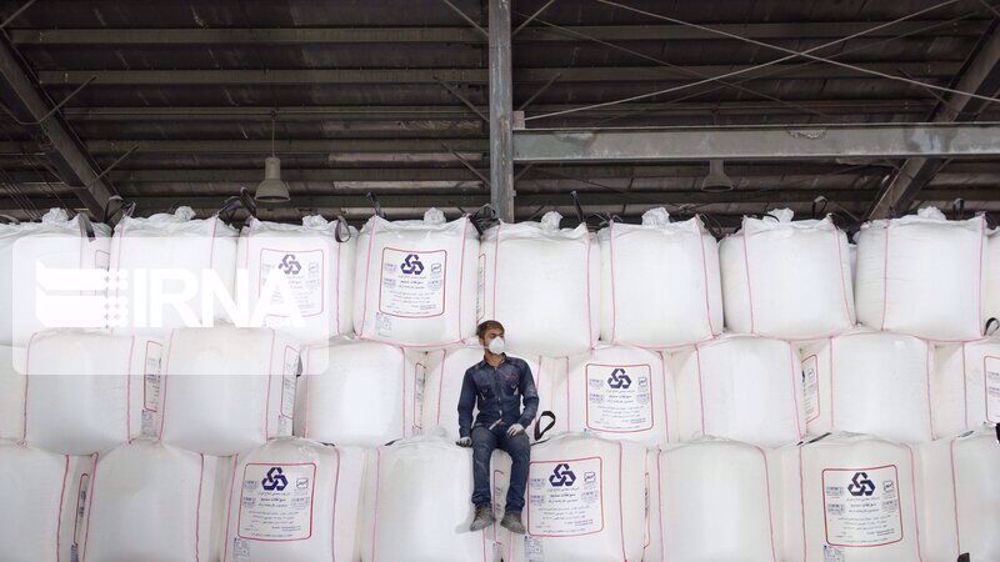US oil delegation to visit Iran this week: Iranian official
A US oil delegation is scheduled to travel to Tehran this week to hold talks with a number of Iranian petroleum ministry officials as well as oil industry contractors.
“It is predicted that following the visit by the American delegation to Tehran and possible removal of sanctions against the oil industry, we will witness the presence of major international US oil and gas companies in Iran in future,” Abbas Shari Moqaddam, Iran’s deputy petroleum minister was quoted as saying by Mehr News Agency.
Meanwhile, the Iranian official said European and American companies have already voiced their preparedness to invest in several new petrochemical projects in Iran.
“Negotiations have already started with companies from Germany, the Netherlands, and Italy,” said Shari-Moqaddam.
Managing Director of Iran’s National Petrochemical Company (NPC) also reiterated that there is no limitation for American companies' investment in the Iranian petrochemical industry.
“There is no limitation for foreign investment in the country, because when these companies want to invest in Iran, they should first register an Iranian company which can operate in Iran without facing any limitation,” NPC managing director noted.
Last month, the Iranian Association of Petrochemical Industry Corporations (AIPC) said the country’s petrochemical sector was capable of attracting USD 70 billion in domestic and foreign investment.
AIPC said the value of half-finished projects in Iran's petrochemical sector amounts to USD 70 billion, proving its “good potential” to attract foreign investment.
At the beginning of 2012, the United States and European Union imposed sanctions on Iran to prevent other countries from investing in the country’s oil and gas industry. The sanctions were imposed under the pretext that there is a military aspect to Iran's peaceful nuclear program, an allegation Iran categorically rejected.
However, in November 2014, the Islamic Republic and the P5+1 group of countries – the US, the UK, France, Germany, Russia and China – reached an interim agreement on Iran's nuclear program in the Swiss city of Geneva, which led to the relative loosening of sanctions against Iran, paving the way for further cooperation in various economic fields between Iran and other countries.

Iranian officials have already announced that they have special plans for boosting oil exports after the US-engineered sanctions against Iran are lifted as part of a possible final nuclear deal between Tehran and the P 5+1 group of countries.
Iran’s current oil production is estimated to be around 2.7 mb/d of which about 1 million barrels are exported – as required by the current regime of sanctions.
Its major oil customers are China, India, Japan, South Korea and Turkey but the US and European sanctions are preventing international banks from transferring money to the Islamic Republic.
Iran holds the world's fourth-largest proven crude oil reserves and the second-largest natural gas reserves.
Iran’s total in-place oil reserves have been estimated at more than 560 billion barrels, with about 140 billion barrels of recoverable oil. Heavy and extra-heavy varieties of crude oil account for roughly 70-100 billion barrels of the total reserves.
HA/HA
60 bodies recovered from abandoned South African gold mine: Police
Biden administration ‘quietly’ circumnavigating own ban on TikTok: Report
Iran Navy takes delivery of first advanced ‘signals-intelligence’ destroyer
Italian TV exposes Israeli manipulation of EU institutions
UK anti-corruption minister Siddiq resigns over links to Bangladesh ‘embezzlement probe’
VIDEO | Indian-administered Kashmir honors Imam Ali’s legacy of justice, leadership
Israel kills female Palestinian journalist based in Gaza’s Indonesian Hospital
US lawmakers demand answers from Biden on Israeli killing of Turkish-American activist










 This makes it easy to access the Press TV website
This makes it easy to access the Press TV website